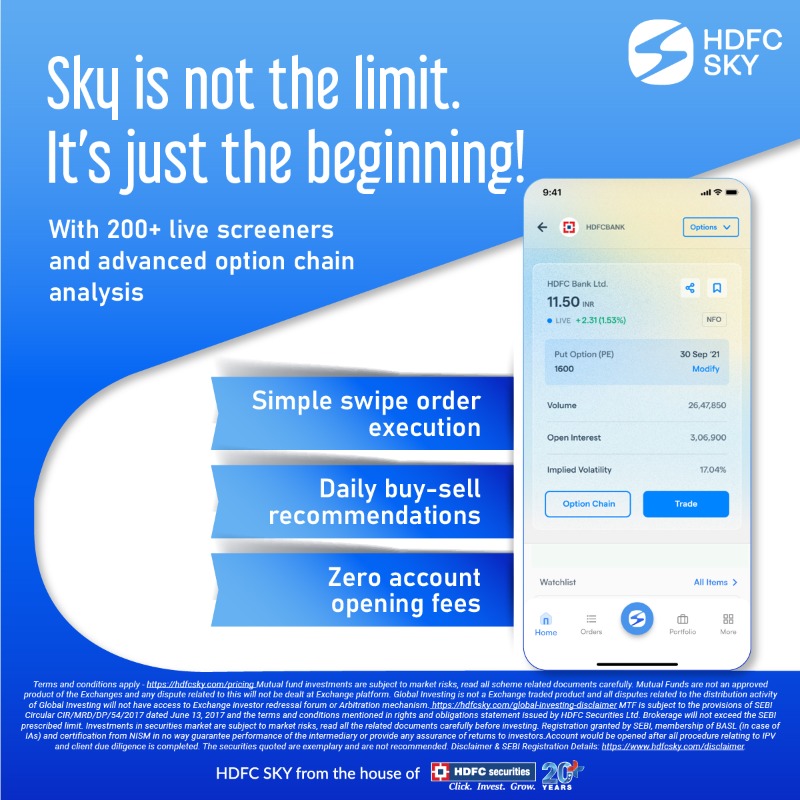‘Mutual funds’ You must have heard of this word multiple times if you have recently entered the world of investing. Beginners often find mutual funds quite confusing, but at the same time, they are quite popular among individual investors because of their benefits. Do you, too, as a beginner, want to benefit from investing in mutual funds? In this guide, we will give you an introduction to the world of mutual fund India so that you can make educated decisions when investing in mutual funds.

What are mutual funds?
Mutual funds are an investment instrument that combine the large sums of money of investors into a single pot. These funds are invested in several financial securities such as bonds, stocks, shares, money market instruments, gold, and more. Mutual funds are run by professionals who allot these funds to generate revenue or capital gains for investors. Small or individual investors have access to the portfolio and skillfully manage portfolios of bonds, stocks, and other securities through mutual funds. Therefore, each shareholder participates evenly in the fund’s profits and losses. Now that we have understood what a mutual fund is, let’s look at why you should invest in mutual funds.
Why should you invest in mutual funds?
- Economical: Many choose mutual funds to start investing, since you can invest with less money. They are worth the risk for your long-term investment goal, with SIPs as low as ₹500. You can also cut costs on brokerage fees and commissions by choosing the direct plan.
- Expert management: As mentioned above, mutual funds are managed by industry experts who research and monitor market movements. They manage your portfolio by selecting the right stocks and trading them at the right moment, thus achieving a profitable result. You can also invest through mutual fund apps that help you manage your portfolio better by providing real-time visibility.
- Efficient: Investing in mutual funds has become more efficient since the entire KYC procedure can be done online. There are many apps, such as the Groww mutual fund app, HDFC SKY, Upstox, Kotak Neo, Angel One that provide online investment services; so with the click of a button, you can invest in mutual funds.
- Large returns: Compared to other low-risk investments, mutual funds produce a significantly larger share of returns. These are not monotonous and vary based on an investor’s risk tolerance.
Pointer to keep in mind before investing in mutual funds:
- Set investment goals: Time period, budget, and financial objectives all play major roles in investing. Before you invest, you need to figure out how much risk you are comfortable with. Investing is more efficient with preset investment goals.
- Choosing the type of mutual fund: This requires extensive research. Beginners are often advised to invest in balanced or debt funds because of their low risk.
- Use SIPs: SIPs are a good way to enter the mutual funds market. It is advisable to spread your assets over time rather than make one large investment at the height of the market. SIPs also have the advantage of rupee cost averaging, which lowers the cost of your investments and increases your long-term profits.
- Enroll for net banking: In order to purchase mutual funds such as Groww mutual fund, Zerodha Mutual Fund, Bluechip funds, ELSS Fund, net banking is required. You can also invest using physical checks and debit cards, but net banking or UPI is a lot easier and safer.
- Take a financial counselor’s help: Keeping track of the increasing number of mutual funds available in the market can be quite tricky. If you are having trouble choosing the best mutual funds, consider hiring a mutual funds specialist or consulting an expert who will guide you without any biases keeping in mind your risk taking appetite & goal.
So, now that you have a better understanding of mutual funds, why people choose to invest through them, and things to consider before investing in them, you can make more educated decisions while investing, which will help you invest better in the longer term. We wish you luck with your investing journey.